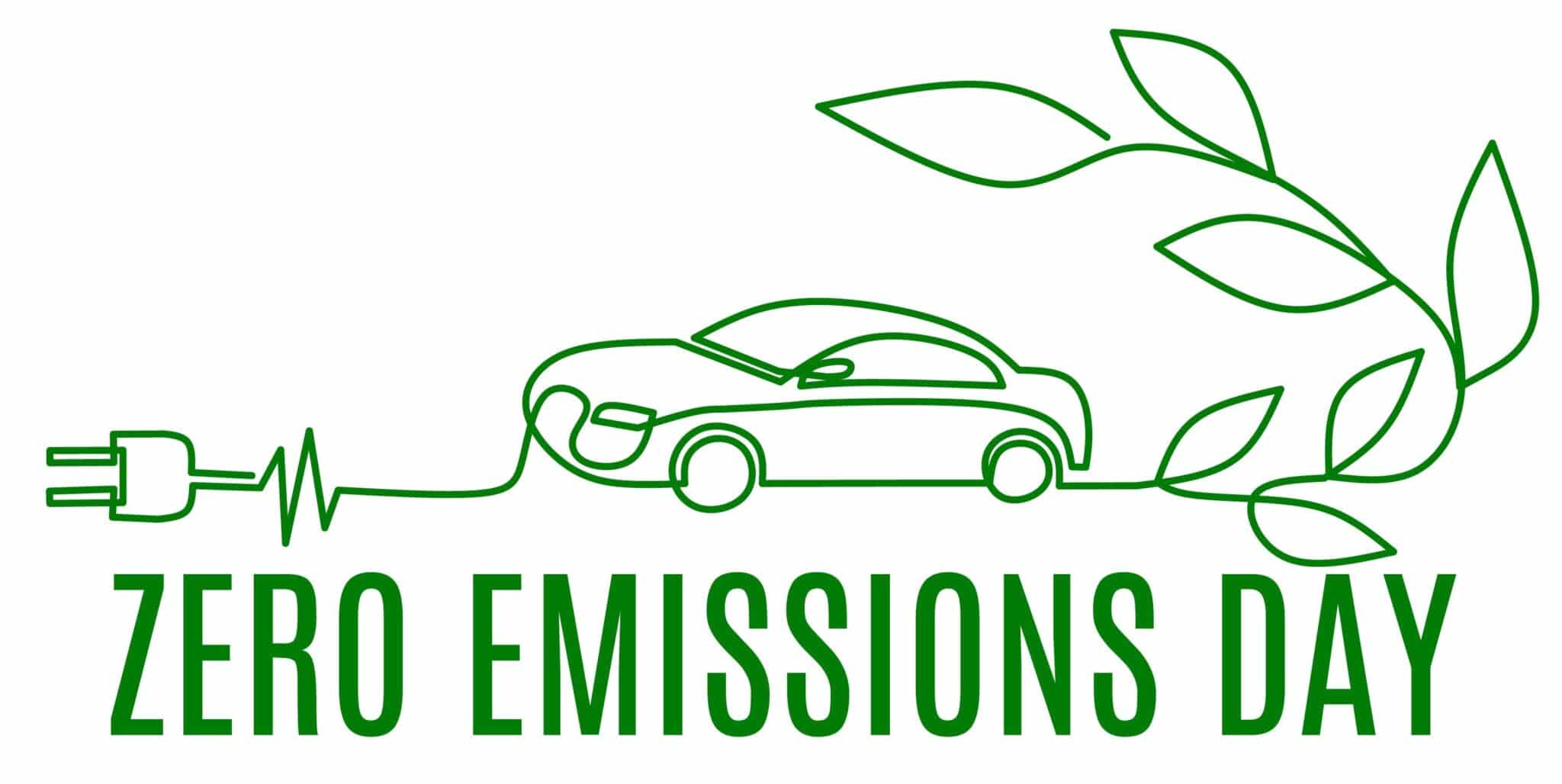What is Zero Emissions Day?

Zero Emissions Day, also known as “ZeDay,” is an annual awareness event dedicated to reducing carbon emissions and promoting environmental sustainability. The goal of Zero Emissions Day is to encourage individuals and organizations to minimize their carbon footprint for one day by reducing energy consumption and emissions to as close to zero as possible.
The concept behind Zero Emissions Day is to highlight the importance of addressing climate change and global warming by showing that it is possible to live a day without contributing to greenhouse gas emissions. Participants are encouraged to take actions such as:
- Using public transportation, carpooling, or biking instead of driving alone.
- Reducing energy consumption by turning off lights, appliances, and electronics when not in use.
- Conserving water and reducing water waste.
- Choosing locally sourced and sustainable food options.
- Avoiding the use of disposable products and single-use plastics.
- Supporting renewable energy sources like solar and wind power.
Zero Emissions Day is typically observed on different dates around the world, with some regions celebrating it on September 21st and others on different days throughout the year. The specific date may vary, but the core message remains the same: raising awareness about the need to reduce carbon emissions and live more sustainably to combat climate change. It serves as a reminder of the collective effort required to mitigate the effects of global warming and protect the environment.
Zero Emissions Day was first organized and introduced by the climate action organization “C Change” in 2008. The inaugural ZeDay took place on September 21, 2008. Since then, it has been observed annually on or around that date in various parts of the world as a day dedicated to raising awareness about carbon emissions and the importance of reducing them to combat climate change. The concept has gained attention and support from environmentalists, individuals, and organizations striving to promote sustainability and reduce their environmental impact. While the specific date of ZeDay may vary depending on the region and organization, its overarching message remains consistent in encouraging people to take steps to minimize their carbon footprint for at least one day each year.
Zero Emissions Day is not observed worldwide on a single specific date like some global holidays or observances. Instead, it is celebrated in various parts of the world on different dates throughout the year. The concept of ZeDay has gained attention and support from environmental organizations, communities, and individuals in different regions who choose to observe it on dates that are most relevant to their local climate and environmental concerns.
While it may not be as universally recognized as some other environmental awareness days, such as Earth Day (celebrated on April 22nd worldwide), ZeDay serves as a reminder and an opportunity for people to take action in their own communities to reduce carbon emissions and promote sustainability. Therefore, the observance of ZeDay can vary in terms of its reach and impact, depending on local initiatives and participation.
ChatGPT
Writer
ChatGPT is a large language model developed by OpenAI, based on the GPT-3.5 architecture. It was trained on a massive amount of text data, allowing it to generate human-like responses to a wide variety of prompts and questions. ChatGPT can understand and respond to natural language, making it a valuable tool for tasks such as language translation, content creation, and customer service. While ChatGPT is not a sentient being and does not possess consciousness, its sophisticated algorithms allow it to generate text that is often indistinguishable from that of a human.
